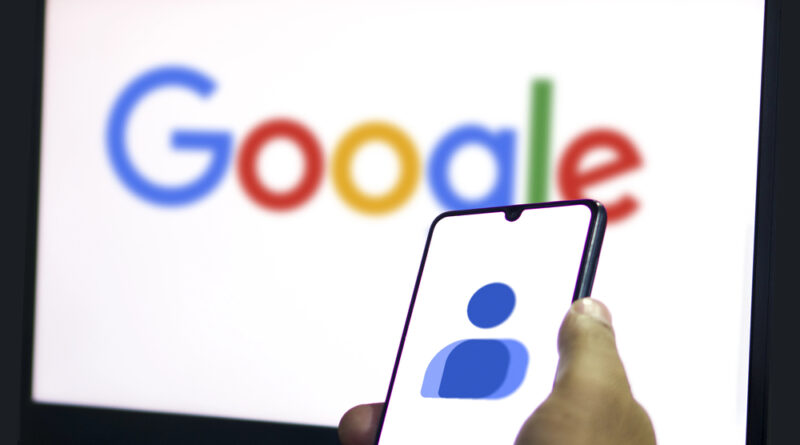AI Search Optimisation Becomes Silicon Valley’s New Gold Rush
A wave of venture-backed start-ups is racing to reinvent search-engine optimisation for the chatbot age, betting that consumers will soon ask ChatGPT, Perplexity and other generative AI assistants, rather than Google, for product recommendations and answers.
From blue links to zero clicks
For two decades, brands fine-tuned websites to rank on Google’s familiar list of ten hyperlinks. That model is shifting as AI assistants summarise results or reply conversationally with few, if any, outbound links. Marketers worry their content could vanish from this “zero-click internet,” and they are turning to a new class of tools designed to boost visibility inside large language models (LLMs).
Who’s building the playbook?
-
Athena: Founded by former Google search engineer Andrew Yan, Athena analyses how different chatbots source brand data, then recommends site edits that LLMs are likelier to surface. Launched last month with US $2.2 million in seed capital, it already claims more than 100 paying clients, including online-invitation firm Paperless Post.
-
Profound: Backed by Kleiner Perkins and Khosla Ventures with over US $20 million raised, Profound tracks the myriad inputs, official sites, reviews, social chatter, that drive AI responses. Fintech company Chime is among its early adopters.
-
Scrunch AI: Fresh from a US $4 million funding round, Scrunch helps firms such as developer-tools provider Clerk monitor sign-ups attributable to AI referrals and tailor content for bot consumption.
Industry investors expect the niche to expand quickly, even if the combined funding so far, roughly US $45 million, pales beside the US $90 billion global SEO market.
Why brands are scrambling
Generative AI queries are typically longer and more complex than traditional keyword searches, forcing bots to fuse information from websites, social feeds and third-party reviews. Because each model digests sources differently, companies risk inconsistent, or even inaccurate, brand narratives unless they learn to “train” the bots through structured content and schema.
Early data suggest the stakes are real: Clerk reported a 9 percent jump in new-user conversions originating from chatbot referrals between January and June. Meanwhile, SEO consultants say AI search visibility now consumes up to 15 percent of client work, triple last year’s share, and could near 50 percent by December.
Google’s balancing act
Google still handles roughly 90 percent of global queries and argues its core search will coexist with AI assistants. It has rolled out AI Overviews and Gemini-powered chat mode inside Search, but executives concede that traffic may fragment as users sample rival bots.
Alphabet’s challenge underscores why brands are hedging. If AI intermediaries control discovery, influence and transaction flow, mastering “LLM optimisation” could become as critical as ranking on Google once was.
Outlook
The emerging market remains experimental; early platforms offer more diagnostics than guaranteed uplift, and LLMs evolve rapidly. Yet the customer land-grab shows companies are unwilling to wait. As one venture fund put it, brands that fly blind risk being left out of the answer box entirely, a costly place to be if chatbots become the default gateway to the web.
Photo Credit: DepositPhotos.com

